What is the Ruler Archetype?
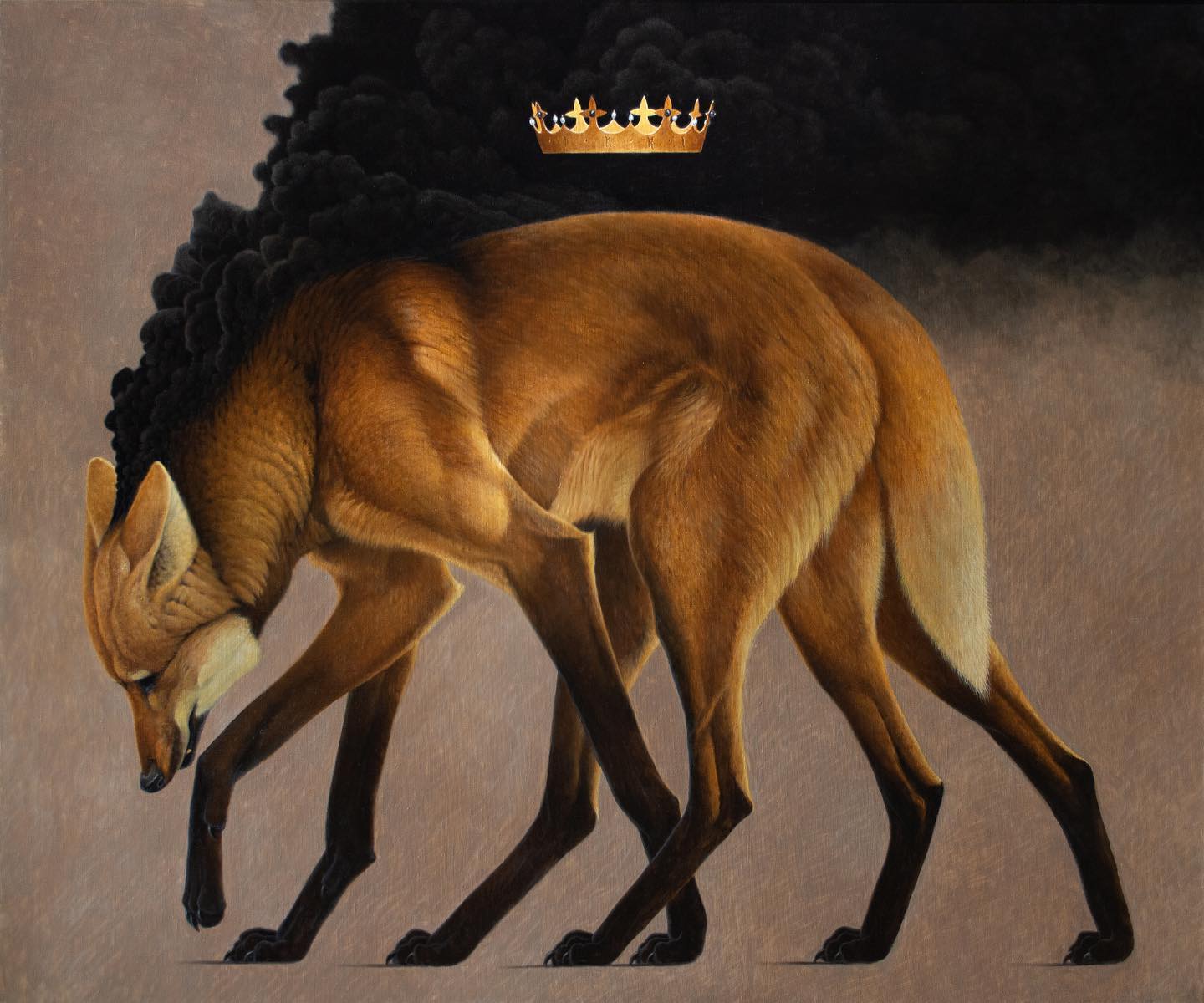
The Ruler archetype represents the human desire for power, control, and leadership. This archetype is driven by a need to create order, structure, and stability in their environment [1]. The Ruler seeks to influence others and shape the world according to their vision. This article explores the origins, characteristics, and significance of the Ruler archetype, tracing its evolution from ancient mythologies to modern times.
Explore all the Archetypes
The Ruler Archetype in Parts-Based Therapies
In parts-based therapies like Internal Family Systems (IFS), Schema Therapy, and Voice Dialogue, the Ruler archetype can be understood as a potential part or subpersonality within an individual’s internal system [2]. This part may manifest as a controlling, authoritative, or decision-making presence that seeks to maintain order and stability.
Internal Family Systems (IFS)
In IFS, the Ruler part may serve as a protector, helping to organize and manage the individual’s internal world. However, if the Ruler part becomes extreme or polarized, it may lead to rigidity, perfectionism, or a need for excessive control [3].
Schema Therapy
In Schema Therapy, the Ruler archetype may be associated with the “Healthy Adult” mode, which represents a balanced and nurturing presence [4]. However, if the individual has experienced trauma related to power or control, they may develop maladaptive schemas like “Entitlement” or “Insufficient Self-Control.”
Voice Dialogue
In Voice Dialogue, the Ruler archetype may be viewed as a distinct subpersonality or “voice” that can be dialogued with to gain insight into the individual’s relationship with power and control [5]. Facilitating communication between the Ruler voice and other voices can help create a more balanced inner system.
The Ruler’s Role in Mythology and Literature
The Ruler archetype has been prominently featured in mythology and literature throughout history. Examples include:
- Zeus, the king of the gods in Greek mythology [6]
- King Arthur in Arthurian legend [7]
- Aragorn in J.R.R. Tolkien’s The Lord of the Rings [8]
These characters embody the Ruler’s qualities of leadership, authority, and the ability to create order in the face of chaos.
The Ruler in Psychology and Personal Development
The Ruler archetype plays a significant role in an individual’s psychological development and sense of self. A healthy expression of the Ruler archetype can lead to effective leadership, decision-making, and the ability to create structure and stability in one’s life [9].
However, an imbalanced or shadow expression of the Ruler may manifest as a need for excessive control, a fear of losing power, or a tendency to dominate others [10]. Integrating the Ruler archetype involves cultivating a balanced and compassionate approach to leadership and control.
The Ruler in Relationships and Careers
In relationships, the Ruler archetype may manifest as a partner who takes charge, makes decisions, and provides stability. However, the Ruler must be mindful of allowing space for their partner’s autonomy and input [11].
In careers, individuals with a strong Ruler archetype may be drawn to leadership positions, management roles, or entrepreneurship. They thrive in environments where they can create structure, make decisions, and influence outcomes [12].
Trauma and the Ruler Archetype
Trauma related to the Ruler archetype can manifest as a fear of losing control, a need for excessive power, or a tendency to dominate others. This may stem from experiences of powerlessness, instability, or a lack of control in childhood [13].
Healing Ruler-related trauma involves developing a healthy and balanced relationship with power and control, learning to trust others, and cultivating a sense of inner stability and security [14].
The Balanced Ruler: Benefits and Opportunities
When the Ruler archetype is balanced and integrated, it can bring numerous benefits to an individual’s life. A balanced Ruler is confident, decisive, and able to create structure and stability in their environment. They are effective leaders who inspire and guide others towards a common goal [15].
Embracing the balanced Ruler archetype can lead to success in leadership roles, improved decision-making skills, and the ability to create positive change in one’s personal and professional life.
The Poser of the Ruler
The Ruler archetype represents a fundamental human desire for power, control, and leadership. By examining the Ruler archetype in its various manifestations and integrating its positive qualities, individuals can cultivate effective leadership skills, create stability in their lives, and inspire others towards a common purpose.
As we navigate the complexities of personal and professional relationships, the Ruler’s guidance can help us find a balanced approach to power and control, enabling us to create order and structure while respecting the autonomy and contributions of others.
The Ruler Archetype in Posture and Somatic Experience
Those embodying the Ruler archetype may have a regal, commanding posture that reflects their authority and desire for control. They may experience a sense of power, stability, and centeredness in their body when in positions of leadership and influence. However, when the Ruler feels challenged or loses control, they may experience somatic symptoms such as tension in the jaw, a sense of rigidity in the body, or physical sensations of anger or frustration.
Enneagram and MBTI Correlations with the Ruler Archetype Enneagram: Type 8 (The Challenger), Type 1 (The Reformer) MBTI: ENTJ (Extraverted, Intuitive, Thinking, Judging), ESTJ (Extraverted, Sensing, Thinking, Judging)
The Ruler Archetype in Screenwriting and Fiction Plotting
The Ruler often serves as the powerful leader, the benevolent monarch, or the controlling antagonist in stories. They may be driven by a desire for power, order, and control, often facing challenges such as rebellion, the corruption of power, or the need to learn empathy and compassion.
Bibliography
- Moore, R., & Gillette, D. (1991). King, Warrior, Magician, Lover: Rediscovering the Archetypes of the Mature Masculine. HarperSanFrancisco.
- Schwartz, R. C. (1995). Internal Family Systems Therapy. Guilford Press.
- Earley, J. (2009). Self-Therapy: A Step-By-Step Guide to Creating Wholeness and Healing Your Inner Child Using IFS. Pattern System Books.
- Young, J. E., Klosko, J. S., & Weishaar, M. E. (2006). Schema Therapy: A Practitioner’s Guide. Guilford Press.
- Stone, H., & Stone, S. (2011). Embracing Our Selves: The Voice Dialogue Manual. New World Library.
- Graves, R. (2017). The Greek Myths. Penguin Books.
- Malory, T. (2015). Le Morte d’Arthur. Hackett Publishing Company.
- Tolkien, J. R. R. (1954). The Lord of the Rings. George Allen & Unwin.
- Pearson, C. S. (1991). Awakening the Heroes Within: Twelve Archetypes to Help Us Find Ourselves and Transform Our World. HarperSanFrancisco.
- Campbell, J. (2008). The Hero with a Thousand Faces. New World Library.
- Johnson, R. A. (1983). We: Understanding the Psychology of Romantic Love. HarperOne.
- Mark, M., & Pearson, C. S. (2001). The Hero and the Outlaw: Building Extraordinary Brands Through the Power of Archetypes. McGraw-Hill Education.
- Herman, J. L. (2015). Trauma and Recovery: The Aftermath of Violence–From Domestic Abuse to Political Terror. Basic Books.
- Van der Kolk, B. (2015). The Body Keeps the Score: Brain, Mind, and Body in the Healing of Trauma. Penguin Books.
- Myss, C. (2013). Archetypes: Who Are You? Hay House.


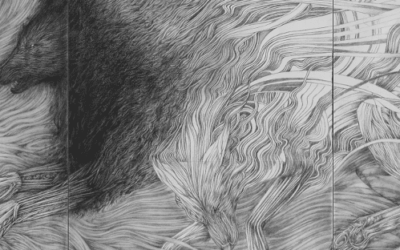








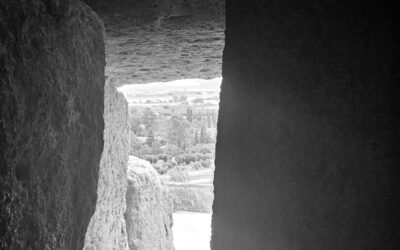


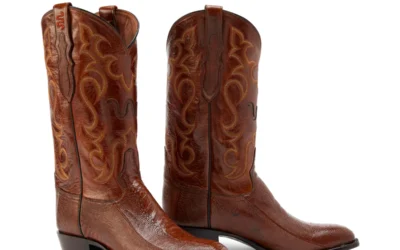
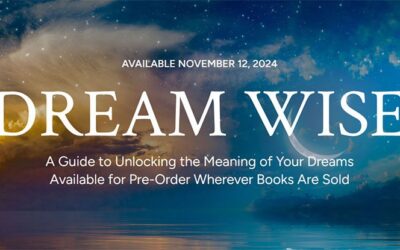
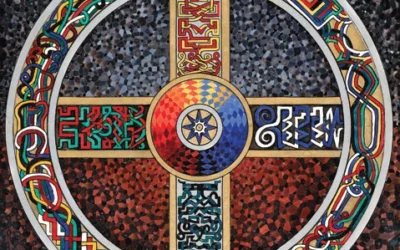

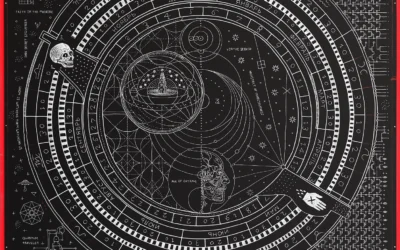
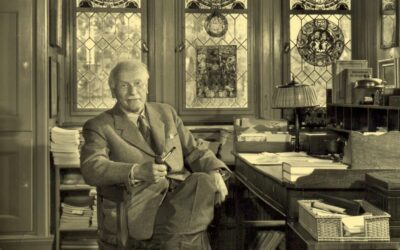
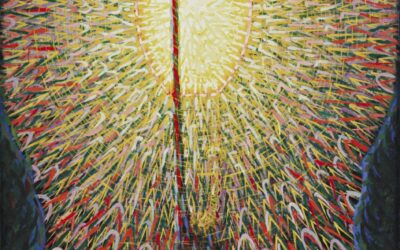
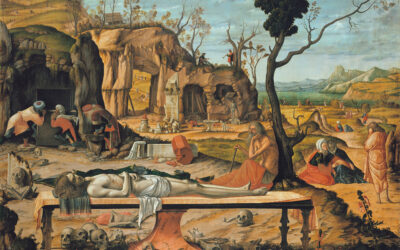
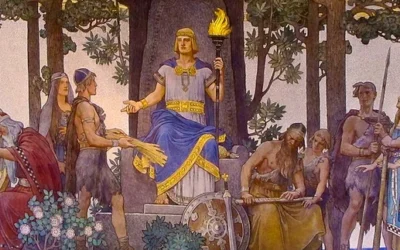
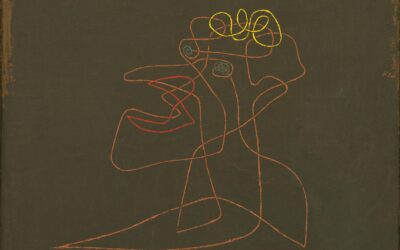
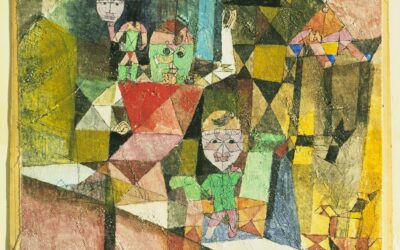
0 Comments